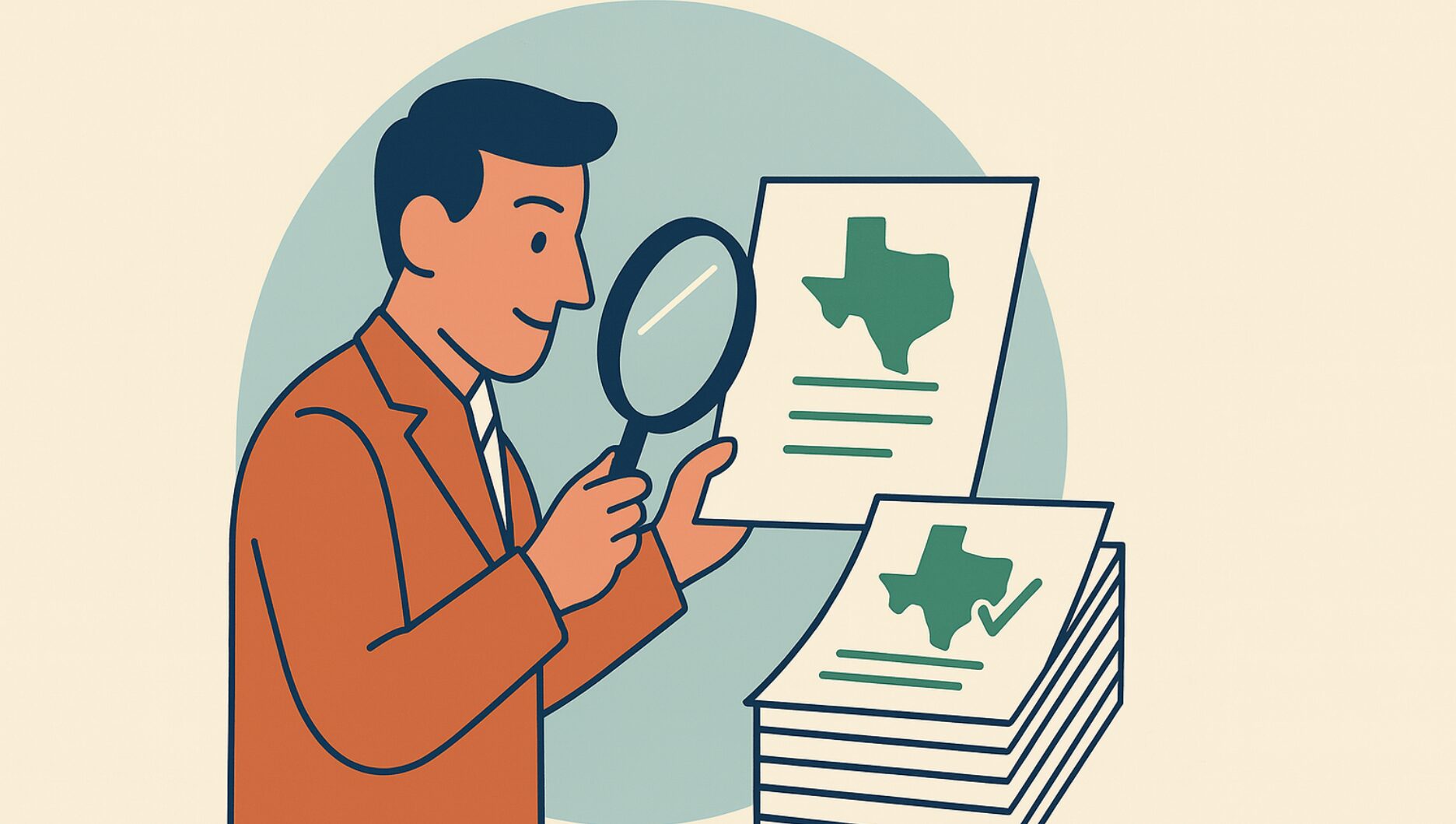With no say in the matter whatsoever, taxpayers across the state have been forced to foot the bill for lobbyists’ advocacy efforts in the Texas Legislature. Worse yet, these tax dollars are spent advocating for policy positions that are often at direct odds with the interests of the taxpayers who fund them.
Across Texas, many cities, counties, school districts, and special districts spend public money to hire professional lobbyists to engage lawmakers on issues. And it’s no paltry sum.
According to reports filed with the Texas Ethics Commission, as much as $376.6 million was spent to influence state policy-makers in 2017’s legislative session. Of that, more than $41 million (or almost one quarter of the total) came from cities, counties, and other taxpayer-funded entities — often to lobby against taxpayer interests such as property tax reform, uniform election dates, and bond disclosure requirements.
Taxpayer-funded lobbying is so pervasive that in that same year 42 percent of lobbyists that session represented city and county governments. Which begs the question: What sort of policy positions are taxpayers funding?
The Texas Municipal League — a voluntary association which includes virtually all city governments in the state — provides a telling guide as to what kind of big-government measures these resources are spent defending or, alternatively, the pro-taxpayer reforms they oppose. Items such as defending involuntary annexation, red-light cameras, opposing revenue tax caps, opposing ballot transparency, and opposing bond reform are just a few of the fundamentally anti-taxpayer policy items this money is spent on.
With such a track record, it’s no surprise conservative voters overwhelmingly support banning taxpayer-funded lobbying. In March 2020, a supermajority of Texas Republican primary voters supported a ballot proposition in favor of banning the practice. More than 94 percent of the state’s nearly 2 million GOP primary voters approved of language stating: “Texas should ban the practice of taxpayer-funded lobbying, which allows your tax dollars to be spent on lobbyists who work against the taxpayer.”
Even ignoring the groundswell of public support for banning taxpayer funded lobbying, the practice of using taxpayer dollars on lobbying the legislature is philosophically indefensible. It’s already generally forbidden for officials to use taxpayer resources to support a candidate’s campaign — and for obvious reason. Most people frown upon officials abusing resources under their purview for political purposes.
Should the same logic not be applied to where the political rubber meets the road, and forbid spending money taken from taxpayers on hiring lobbyists to advance a political agenda?
It’s plainly obvious to fiscal conservatives that the use of tax dollars on lobbying legislators is a toxic practice — both philosophically and practically. In the interests of the constituents they purport to represent, legislators should stand up this session and work towards banning the practice altogether.
Local governments should not be allowed to use taxpayer dollars to lobby the state for more taxpayer dollars or increased regulatory power.
The Texas Legislature should prohibit taxpayer resources from being hijacked to support political ends and ban taxpayer-funded lobbying entirely by banning local governments from hiring lobbyists and prohibit taxpayer dollars from flowing to associations that lobby the Texas Legislature.




